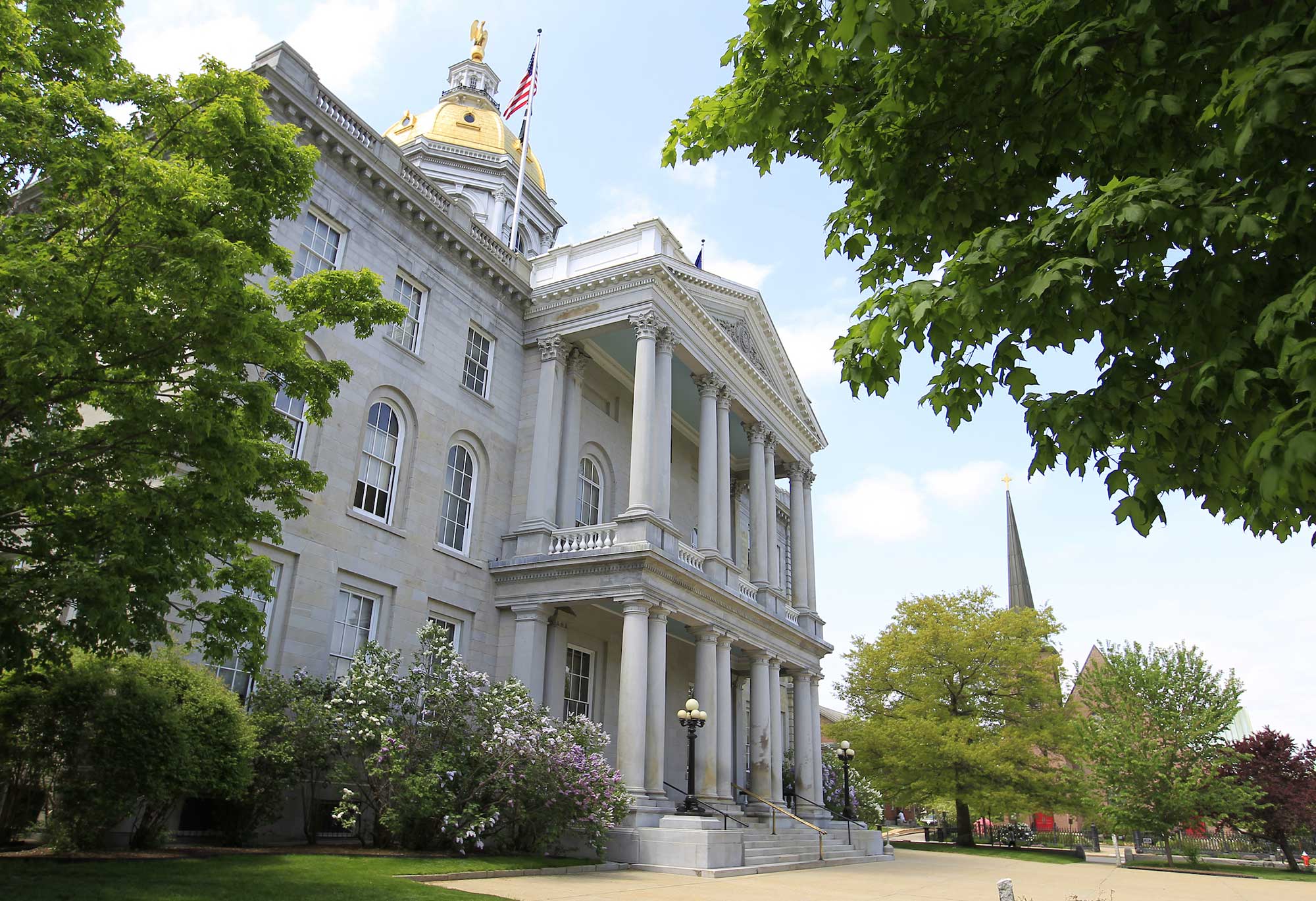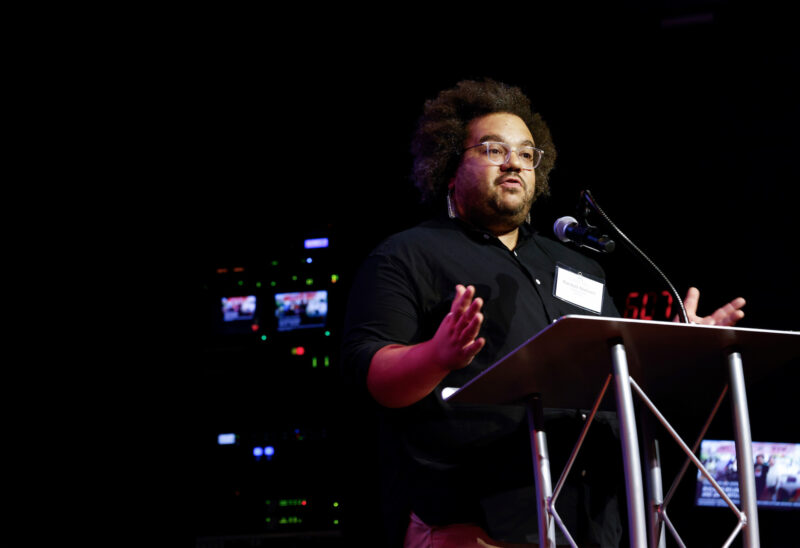The following letter was entered into testimony to the Senate Finance Committee on May 4, 2021:
New Hampshire’s budget is a reflection of our state’s values and priorities, carrying profound implications for almost every aspect of community well-being.
The New Hampshire Charitable Foundation is New Hampshire’s statewide community foundation. The millions in grant and scholarship dollars that the Foundation distributes each year complement and lever responsible public investments in advancing health, education, and economic security. The House version of the budget for 2021-2023 cuts critical funding just as New Hampshire is beginning to recover from the health, economic, and social crises of the past year. Charitable giving cannot begin to fill the gaps.
As you prepare to develop your version of the biennial budget, we respectfully share these perspectives for your consideration:
1. Prevent Loss of Federal Funds – Keep Taxpayer Dollars for Use in NH
We are extremely concerned that the House version of the budget could result in the loss to New Hampshire of more than $150 million in federal funds, since it contains provisions that reduce state tax revenues by an estimated nearly $158 million, and American Rescue Plan Act (ARPA) funds cannot be used to fill holes created by new state tax reductions. The ARPA brings several billion dollars in one-time funding for pandemic recovery – for individuals, schools, housing, health, and so much more. The Senate should take great care to ensure that revenue cuts to our already lean state budget do not put federal funds at risk, to the detriment of the people of New Hampshire.
2. Support Responsible Funding for Health, Human Services, and Education
The Charitable Foundation believes that our shared prosperity depends on ensuring that all people have the opportunity to achieve their potential. Investments to ensure equitable access to health care, human services, and public education underpin community well-being and economic opportunity. We oppose deep House-proposed cuts to the Department of Health and Human Services (one analysis places the proposed decrease at close to $207 million over the biennium relative to the Governor’s budget). Such cuts would also likely result in further loss of federal funds, due to reductions in required state matches.
Likewise, we believe that inequities in education funding are already creating a crisis of disparate educational opportunities and outcomes across New Hampshire. We urge greater support for our schools that are most in need, and have concerns about proposed channeling of public funds to pay for private or home-school education.
3. Listen to Nonprofit Organizations
The Senate will benefit in shaping this budget from the insights of New Hampshire’s nonprofits. They are on the ground and they know their communities best. For the past 14 months, hundreds of nonprofits have met overwhelming need head-on – feeding the hungry, sheltering people without homes, mentoring children, caring for the sick, supporting victims of violence, meeting the needs of frail homebound seniors, and more – all while managing a range of perils. We are proud to support and stand beside these “everyday superheroes.” As the state recovers from the devastating effects of Covid-19, please listen closely and carefully to the ideas and concerns of nonprofit leaders as you weigh important budgetary decisions.
4. HB 544 Does Not Belong in the Budget or the State
As we have previously said, the Charitable Foundation believes that HB 544, inserted into the House budget, is antithetical to the pursuit of free inquiry, to authentic exploration of history and current events, to freedom of speech, and to local control. Its passage would have a chilling effect on nonprofits, educators, private employers, state agencies and others engaged in the important work of educating about and counteracting racism, sexism and other inequities. This measure would detract from, not contribute to, our shared well-being and prosperity. It sends the wrong message to all Granite Staters and to the rest of the country. Further, we believe its insertion into the budget is an inappropriate maneuver to gain passage for a measure that would likely not have gained enough support to pass via the traditional legislative process, given the virtually universal condemnation from business, faith, civic, and nonprofit organizations.















![Oluwakemi Olokunboyo of Dover received a McNabb scholarship to study nursing at Great Bay Community College [Photo by Cheryl Senter]](https://www.nhcf.org/wp-content/uploads/2024/05/Scholarship-Hero-800x548.jpg)

![Rev. Heidi Carrington Heath joined Seacoast Outright. [Photo by Cheryl Senter]](https://www.nhcf.org/wp-content/uploads/2024/05/Heidi-Carrington-Thumbnail-800x548.jpg)
![Dr. Jennie Hennigar treats a patient at the Tamworth Dental Center [Photo by Cheryl Senter]](https://www.nhcf.org/wp-content/uploads/2024/05/TCCAP-Hero-800x548.jpg)